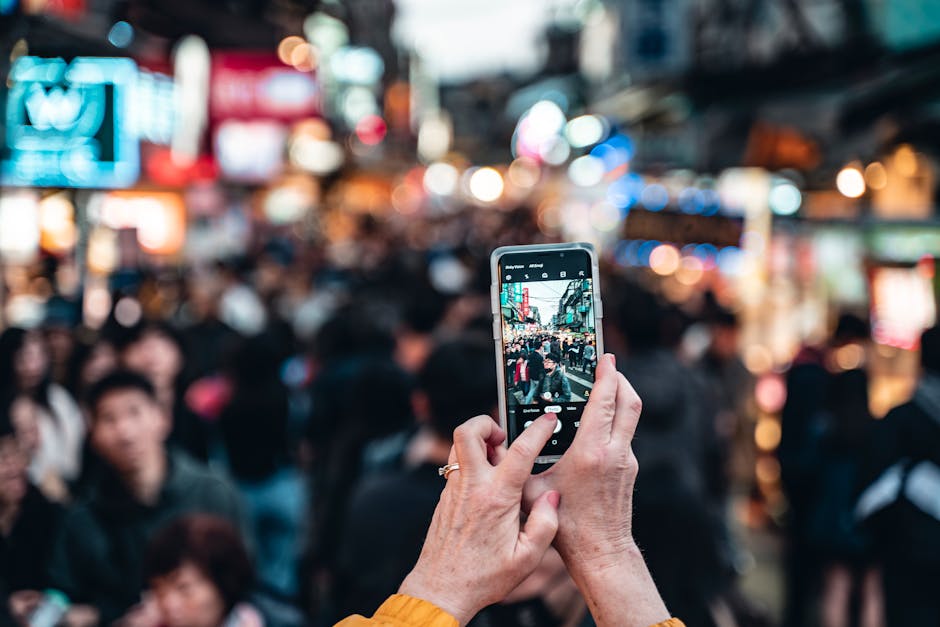The world of travel and tourism has undergone a profound transformation in recent decades, and this evolution is intricately linked to the relentless advance of technology. From rudimentary travel guides to sophisticated mobile applications, technology has impacted every facet of the journey, influencing how people plan, experience, and share their travels.
Initially, travel planning was a laborious affair, often involving numerous phone calls, lengthy research in physical travel guides, and hours spent navigating intricate transportation systems. Now, a plethora of digital tools empower travellers to craft personalized itineraries and manage their journeys seamlessly. Booking flights, hotels, and tours with a few clicks is the norm. Real-time updates on flight status, personalized recommendations, and interactive maps have streamlined the process significantly, granting travellers greater control and flexibility.
A key aspect of this technological shift lies in the accessibility of information. Global connectivity via the internet has broken down geographical barriers, providing instant access to travel information. Users can discover destinations, read reviews, and compare prices from various providers in a matter of seconds. Social media platforms further amplify this effect, showcasing the experiences of fellow travellers through captivating images and videos. This exposure to diverse perspectives cultivates a sense of shared experience, encouraging exploration and fostering a desire to venture beyond familiar horizons.
Beyond the planning phase, technology plays a pivotal role in enhancing the in-destination experience. Smartphones have become indispensable companions, acting as navigation tools, translation aids, and communication hubs. Language barriers can be easily overcome using real-time translation apps, and interactive maps provide detailed directions and local insights. Furthermore, location-based services and recommendation engines deliver personalized recommendations tailored to individual interests, helping travellers uncover hidden gems and authentic experiences.
The impact of technology extends to the sharing economy and the way travellers interact with local communities. Platforms like Airbnb and similar accommodation booking sites have reshaped the hospitality landscape, allowing travellers to connect directly with local hosts, creating unique and immersive experiences. Likewise, ride-hailing applications offer a flexible alternative to traditional taxis, providing convenient transportation options and often allowing travellers to interact with local drivers, thereby gaining deeper cultural insights.
However, the pervasiveness of technology in travel is not without its drawbacks. Over-reliance on digital tools can sometimes diminish the spontaneity and serendipity that are intrinsic to travel experiences. The constant connectivity via social media can lead to a pressure to curate an idealized travel narrative, potentially distorting the genuine richness of the journey. The proliferation of online reviews, while helpful in some respects, can also create an artificial pressure to adhere to certain standards and expectations.
Furthermore, concerns regarding privacy and data security are becoming increasingly relevant in the digital age of travel. Travellers share a wealth of personal information during the booking and planning process, raising questions about data protection and the potential for misuse. Additionally, the homogenization of travel experiences, driven by the popularity of standardized booking sites and tours, might stifle the uniqueness of individual journeys and the potential for discovering authentic cultural nuances.
Yet, despite these concerns, the transformative impact of technology on travel remains undeniable. The integration of digital tools has undeniably altered the traveller’s perspective and the overall travel experience. This new dimension is characterized by enhanced convenience, greater accessibility, and a broader scope for personalized experiences. The ability to research, plan, and execute journeys has transitioned from a complex and often time-consuming task into a relatively straightforward and manageable endeavor.
Moreover, the evolution of technology has led to the rise of niche tourism. Specific interest groups are catered to more effectively, leading to the emergence of specialized travel offerings. This tailoring to specific interests can be observed across various disciplines, including adventure travel, cultural immersion, and eco-tourism. Consequently, diverse groups are able to discover curated options tailored precisely to their unique preferences.
In conclusion, technology has fundamentally reshaped the way people travel. While challenges and concerns regarding the effects of technology on authenticity and privacy exist, the benefits are undeniable. Greater convenience, accessibility, and personalized experiences are transforming travel into an increasingly interconnected and immersive endeavor. The evolution of technology, particularly within the digital realm, will continue to play a critical role in shaping the future of travel and tourism, influencing everything from booking procedures to the very nature of travel itself. The integration of technology in the travel experience will undoubtedly continue to evolve, continuing to reshape the landscape of tourism, ensuring that the travelling experiences are ever more innovative, connected, and personalized.












